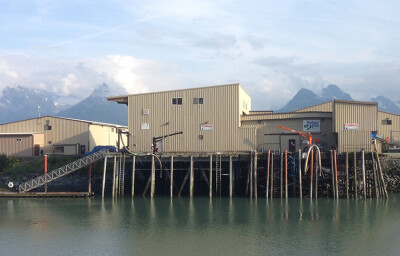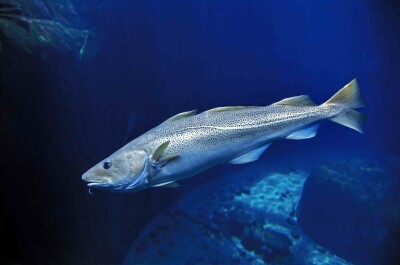When most people think about the hazards of commercial fishing what comes to mind is going overboard, being nailed with a parted line, getting wrapped up in a winch, or going down with your boat.
That’s the gruesome, dramatic side of fishing, guaranteed to get some press attention. Fortunately, those types of injuries don't occur every day (though the threat looms). However, there’s a more persistent and painful side to this kind of work that is more apparent the longer you are in the game. The cause is mostly repetitive stresses to the lower back, shoulders, elbows, wrists and hands. If ignored they make fishing (and just getting around) uncomfortable at best.
“Strains, Sprains & Pains: Ergonomic Injury Prevention for Commercial Fishermen: A Pocket Guide to Ergonomics” from the Alaska Marine Safety Education Association can guide you through the basics of onboard ergonomics. Adapting your work area — deck, fish hold, hauling station, whatever — the equipment and how you fish to reduce those stresses can change the way you feel about your job.
The booklet explains how various postures and the forces they put on an individual — say, when hauling in a gillnet — can be stressful and what can be done to alleviate the situation. For instance, keep the load close to the body, and when pushing or pulling, have the load at mid-torso height.
Sometimes the tool needs to be altered. In a discussion on injuries to the wrists and hands, the organization recommends using a scraper with a built-in bend to minimize the twisting of the wrist, instead of using a fish scraper with a straight handle, which bends the wrist. Or use one with a hose fitting on the end.
That’s just a taste of the wide range of helpful hints in this informative booklet. Finding out more by contacting AMSEA at (907) 747-3287; www.amsea.org.







